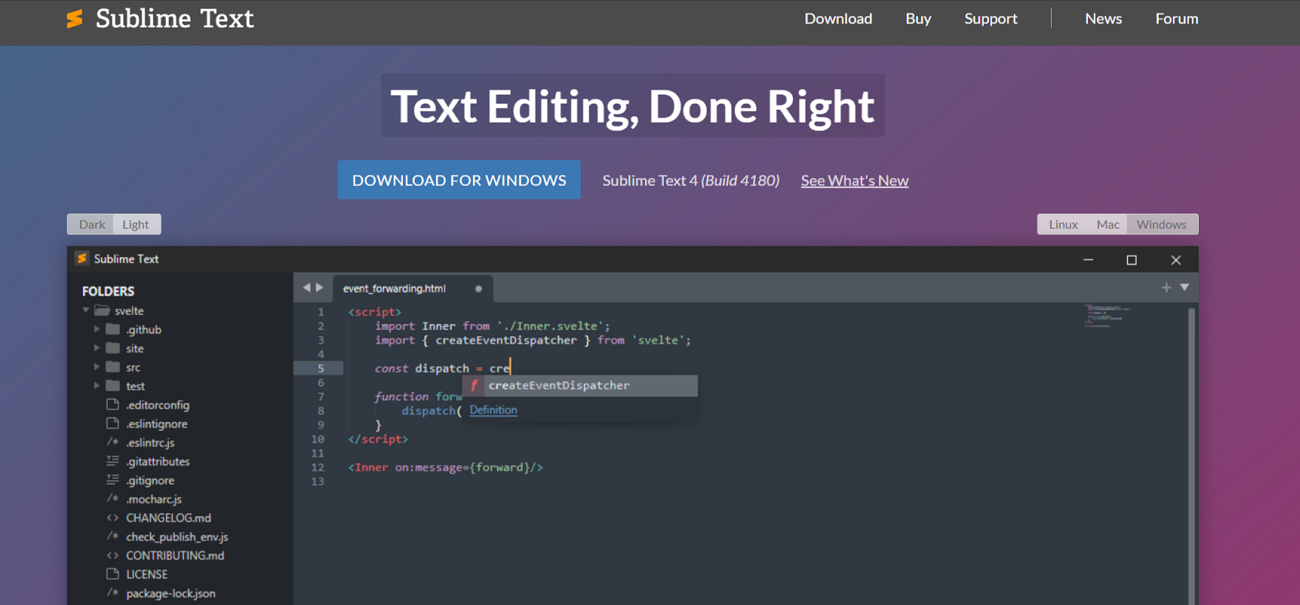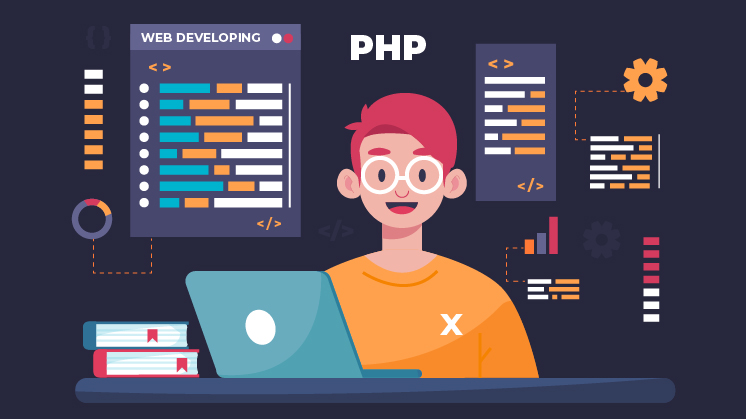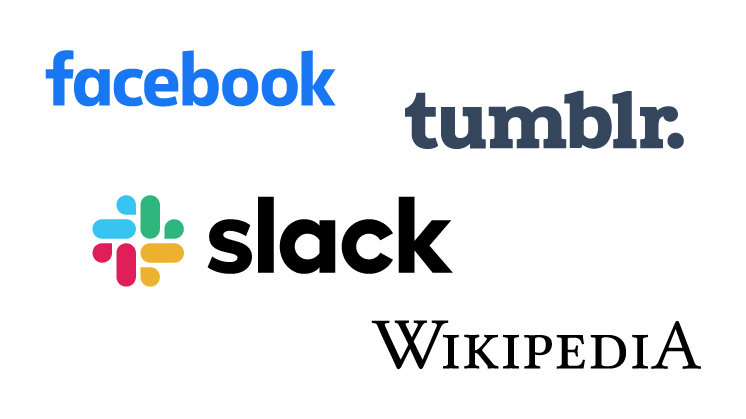PHP is one of the leading open-source programming languages, helping web developers create impactful, dynamic sites. Furthermore, it has remained the preferred choice for web developers as the language provides developers with a straightforward structure. With versions ranging from PHP 1.0 to PHP 8. x, PHP is the most widely used language for web development.
That said, PHP 8.3.11, the latest version, has strengthened its position as the most famous language. As you know, 75.9% of all websites whose server-side programming we know depend on PHP, indicating its continued superiority online.
The PHP community thrives with frameworks such as Symfony, Laravel, CodeIgniter, etc. These frameworks contribute to PHP’s popularity and position it as a leading force in web application development.
This blog post will describe the significance of PHP version history and its different but helpful versions. It will also offer a detailed overview of the PHP versions that have been released to date.
What is the Full Form of PHP?
The complete form of PHP is Hypertext Preprocessor. PHP is a world-renowned programming language for web developers who want to create global websites and web applications related to various niches. It is an impactful scripting language that encodes HTML, enabling developers to quickly create static and dynamic websites.
When was PHP Launched?
PHP started its journey in 1994 with the origination of PHP/FI (Personal Home Page/Forms Interpreter), created by Rasmus Lerdorf. Lerdorf launched the first version of PHP in 1995. PHP has evolved tremendously recently, as PHP 3 has launched advanced features like the Zend Engine.
PHP version history serves as a roadmap highlighting the progress and improvements made to the language over time. Each new release brings enhanced features, bug fixes, security patches, and performance optimizations.
Developers can utilize these innovations to develop more efficient, secure, and robust web applications by staying up-to-date with the latest and upcoming PHP versions. The PHP version history provides insights into the evolution of the language itself.
PHP Version Timelines – A Snapshot
| PHP Versions | Release Dates | Support EOL (End Of Life) |
|---|---|---|
| PHP 1.0 | June 8, 1995 | – |
| PHP 2.0 | November 1, 1997 | – |
| PHP 3.0 | June 6, 1998 | October 20, 2000 |
| PHP 4.0 | May 22, 2000 | June 23, 2001 |
| PHP 5.0 | July 13, 2004 | September 5, 2005 |
| PHP 5.1 | November 24, 2005 | August 24, 2006 |
| PHP 5.2 | November 2, 2006 | January 6, 2011 |
| PHP 5.3 | June 30, 2009 | August 14, 2014 |
| PHP 5.4 | March 1, 2012 | September 3, 2015 |
| PHP 5.5 | June 20, 2013 | July 10, 2016 |
| PHP 5.6 | August 28, 2014 | December 31, 2018 |
| PHP 7.0 | December 3, 2015 | December 3, 2018 |
| PHP 7.1 | December 1, 2016 | December 1, 2019 |
| PHP 7.2 | November 30, 2017 | November 30, 2020 |
| PHP 7.3 | December 06, 2018 | December 06, 2021 |
| PHP 7.4 | November 28, 2019 | November 28, 2022 |
| PHP 8.0 | November 26, 2020 | November 26, 2023 |
| PHP 8.1 | November 25, 2021 | December 31, 2025 |
| PHP 8.2 | November 24, 2022 | December 31, 2026 |
| PHP 8.3 | November 23, 2023 | December 31, 2027 |
| PHP 8.4 | November 21, 2024 | December 31, 2028 |
| PHP 8.5 | November 20, 2025 | December 31, 2029 |
| PHP 8.6 (Upcoming Release) | End of 2026 | TBA |
Best Code Editors and IDE for PHP Development

Nothing is more significant than code editors and IDEs (Integrated Development Environments) when writing simple yet powerful code. Here are a few impactful code editors and IDE developers can benefit from:
- Sublime Text
- Brackets
- SlickEdit
- Visual Studio Code
- PhpStorm
- Eclipse
Latest PHP Trends for Developers to Stay Ahead in the Future

Unsurprisingly, small and medium businesses have preferred using PHP over other programming languages owing to its numerous features. PHP allows small and medium companies to manage a large amount of data.
Besides, startups, regardless of the niches they belong to, can smartly create a Minimum Viable Product (MVP) using the core concepts of PHP and begin their journeys within budget.
Apart from this, PHP is an open-source scripting language that is budget-friendly, allowing SMBs and startups to acquire the services of PHP development companies at affordable costs.
Here are a few PHP trends that will revolutionize the web development industry for all the right reasons:
Integration of PHP and Cloud to Create Web Apps
Businesses of different sizes have started investing in developing cloud infrastructure. As a result, the global cloud infrastructure was valued at USD 233.91 billion in 2023. Likewise, the market will reach USD 653.88 billion by 2032.
It shows that the market will progress at a reasonable CAGR (Compound Annual Growth Rate) of 12.10% from 2023 to 2032. Furthermore, various small and medium businesses have begun utilizing PHP and the cloud to use these technologies.
This proactive yet realistic approach will help them deliver a scalable, flexible, and, more importantly, cost-effective web solution.
User Interface Trends
The receptive web is a leading PHP web development trend. As you know, Facebook, Amazon, eBay, and X (formerly Twitter) are some of the most viewed websites users search on smartphones.
Therefore, website developers and owners must understand the importance of mobile responsiveness. They must develop mobile-friendly websites and applications that offer a seamless user experience.
For that reason, they can use multiple PHP development tools and frameworks, enticing their new and current customers with engaging and results-driven sites and apps.
Smart Chatbots
In recent years, chatbots have become the prime example of machine language and artificial intelligence. As expected, they have gained much popularity and acceptance worldwide.
PHP is an open-source scripting language that helps businesses create smart chatbots. Businesses can efficiently develop chatbots through PHP tools and frameworks to exceed customers’ demands and expectations.
Successful PHP Sites Worldwide

PHP is a famous and impactful programming language that helps developers build lucrative e-commerce websites. Furthermore, it supports different WooCommerce versions.
However, developers must be familiar with PHP’s syntax and data types to develop dynamic e-commerce sites without fuss.
For instance, PHP is the mastermind behind notable websites and platforms, including Facebook, Wikipedia, Slack, WordPress, Mailchimp, Tumblr, and more.
Facebook is the world’s leading social media site, with billions of active users. The company efficiently used PHP to create its core application code, and we are correct in saying that PHP is the preferred choice for various present-day tech firms.
WordPress
WordPress is another impactful and successful content management system with PHP as its go-to scripting language. PHP smartly facilitates various WordPress versions when managing dynamic content.
Wikipedia
Netizens rightly perceive Wikipedia as an outstanding online encyclopedia and a prominent website worldwide. Wikipedia uses PHP because it is user-friendly and helps manage large data. Similarly, Wikipedia utilizes MySQL/MariaDB as its database backend.
Slack
Slack is a famous interactive platform that allows businesses of various sizes to enhance their workflow efficiency by improving internal and external communication with employees and customers.
It has used PHP on its backend, ensuring businesses can manage a high volume of messages without hampering their performance.
MailChimp
MailChimp is a famous email marketing platform that uses PHP on its backend. By doing so, the prominent email marketing service has successfully managed millions of emails sent to millions of users daily.
Etsy
Etsy is a renowned online marketplace for users who prefer vintage items and handmade goods. It uses PHP to power its vibrant user interface, which smartly showcases unique content based on user preferences and search queries.
Tumblr
Tumblr is regarded as a centralized hub of memes and internet culture. It started using PHP 7 in 2016 and achieved massive growth by implementing the leading open-source programming language.
What is the Future of PHP?
The future of PHP looks promising, as famous CMS (Content Management System) platforms, including WordPress, Drupal, Joomla, Contentful, Ghost, and more, will continue using PHP to fulfill the demands of current and potential customers worldwide.
From the developers’ point of view, PHP is a blessing in disguise because, as of June 2024, 18.2% of web developers had used PHP to some extent.
There is no denying that PHP is one of the most used programming languages among developers globally, along with HTML, CSS, JavaScript, Python, C, C++, PowerShell, Go, Java, SQL, Rust, Kotlin, Lua, Swift, Perl, Scala, and other languages.
Wrapping Up
We expect you to appreciate our detailed blog post explaining the history of the PHP version. This PHP version history highlights the importance of the most widely utilized programming language in web application development.
The great thing about PHP versions is that they showcase continuous growth and adaptation to the dynamic web development landscape. In addition, users should prepare themselves to embrace thrilling features and improvements in the latest version, PHP 8.3.11.
These developments will empower developers in the right direction. They will expand the language’s capabilities, creating results-driven web applications and sites.
With each new version, PHP showcases its commitment to security, performance, and output in terms of revenue. Lastly, PHP’s community and development team ensures that language will continue leading the web development landscape in the coming years.

















































